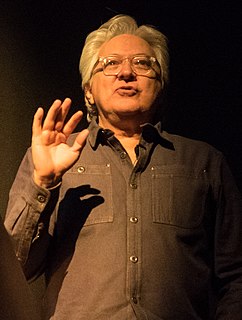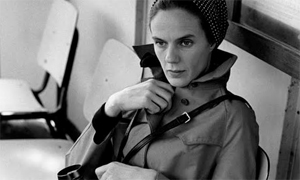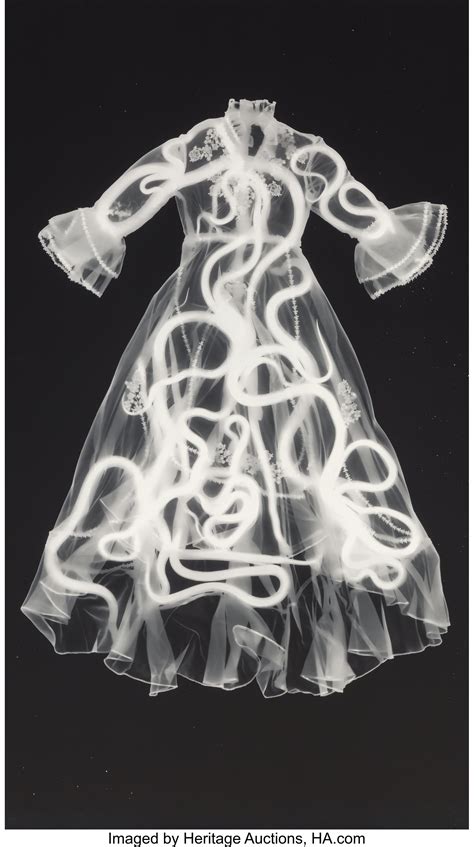A Quote by Rachel Morrison
I came up in photography, and Dust Bowl-era photography is a lot of the reason that I got behind the camera in the first place.
Related Quotes
Humans have changed the landscape so much, but images of the sea could be shared with primordial people. I just project my imagination on to the viewer, even the first human being. I think first and then imagine some scenes. Then I go out and look for them. Or I re-create these images with my camera. I love photography because photography is the most believable medium. Painting can lie, but photography never lies: that is what people used to believe.
Photography today is accomplishing a lofty mission in which every German should collaborate by buying a camera. The German people is ahead of every other in the technical domain and, thanks to its exceptional qualities, the small camera has conquered the whole world... Much is at stake here from the point of view of popular consumer goods and, furthermore, photography has a particularly important political role to play. (Addressing the Berlin Photography Fair, 1933)
The first half of the 20th century belongs to Picasso, and the second half is about photography. They said digital would kill photography because everyone can do it, but they said that about the box brownie in 1885 when it came out. It makes photography interesting because everyone thinks they can take a picture.
I collect art on a very modest scale. Most of what I have is photography because I just love it and it makes me happy and it looks good in my home. I also have a pretty big collection of art books mainly, again, on photography. A lot of photography monographs, which is great because with photography, the art itself can be reproduced quite well in book form.
I was attracted to photography because it was technical, full of gadgets, and I was obsessed with science. But at some point around fifteen or sixteen, I had a sense that photography could provide a bridge from the world of science to the world of art, or image. Photography was a means of crossing into a new place I didn't know.





































